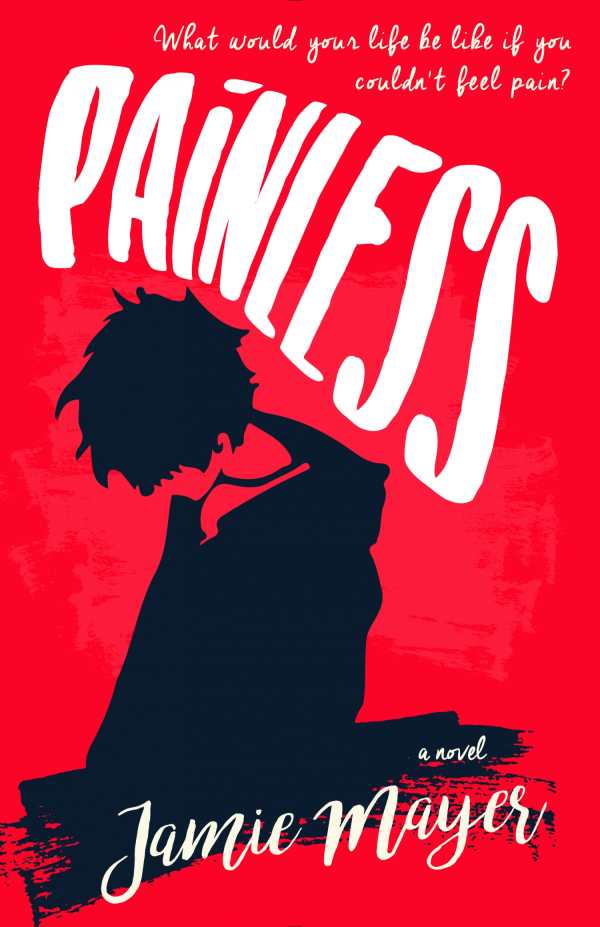Painless
On the day that seventeen-year old Quinn’s father dies, Quinn is hit by a car. The accident is minor, but Quinn feels no pain—he never does.
Quinn feels no physical pain because he was born with a neurological condition. Because of this, he interacts with the world differently: he has no aversion to hurting himself, which fascinates and worries those around him. Of course, Quinn doesn’t actively court danger or pain, but that doesn’t stop it from finding him. Most kids with his condition, he notes, don’t reach adulthood, because they don’t even realize the danger they’re putting themselves in. Quinn is a rebellious, smoking, drinking youth, reckless to a degree that is at odds with his dangerous condition.
Quinn’s first-person narration alternates with his sister, Caitlin’s, third-person story. While Quinn at turns seems self-pitying and self-destructive, Caitlin is trying her best to keep her family’s life together, even as she unravels along with it. The switching perspectives help ground the story, providing some relief from the dark exploits and darker attitude of Quinn. There isn’t much brightness in either: Quinn and Caitlin’s cancer-ridden father dies early on, and the family struggles to deal with the aftermath.
The main escape for Quinn is his art: early on, his art teacher, Ms. Barnett, told him that all mentally healthy people create art, which was how people interpreted the world or communicated to other people their visions for it. Quinn creates great amounts of art, though it isn’t clear, as the story unfolds, whether he would fall into the category of “mentally healthy.”
Painless is a dark and harrowing read about a broken family and its broken son struggling to find some sort of relief. A serious and sometimes ominous tale, it offers glimpses of hope to its tortured, twisted characters, who have to find their own sort of solace in the midst of their tragedies.
Reviewed by
Stephanie Bucklin
Disclosure: This article is not an endorsement, but a review. The publisher of this book provided free copies of the book to have their book reviewed by a professional reviewer. No fee was paid by the publisher for this review. Foreword Reviews only recommends books that we love. Foreword Magazine, Inc. is disclosing this in accordance with the Federal Trade Commission’s 16 CFR, Part 255.

